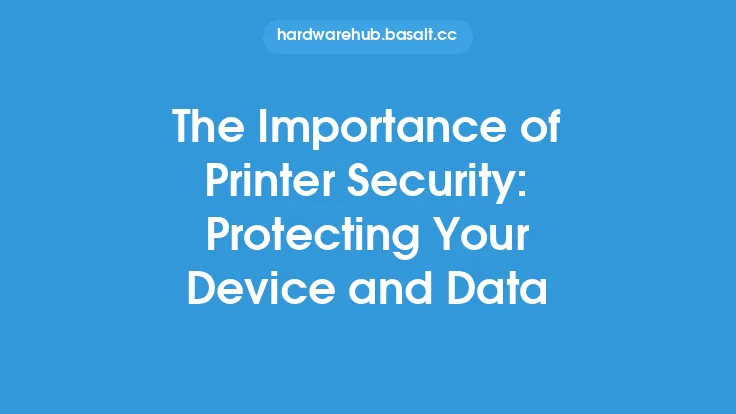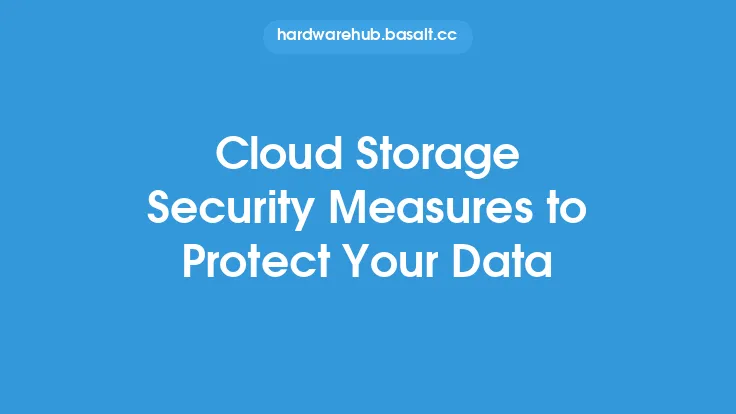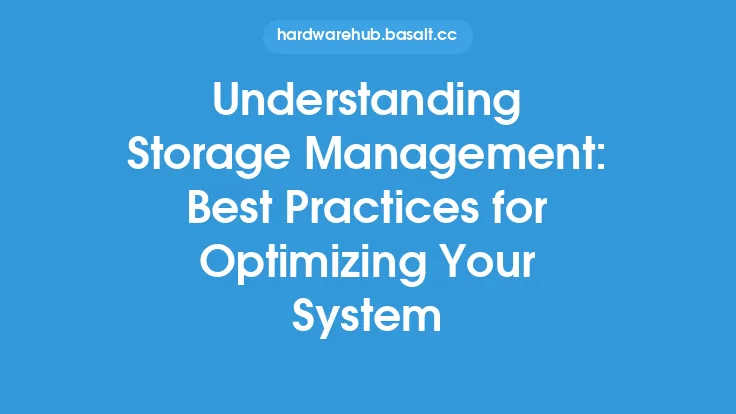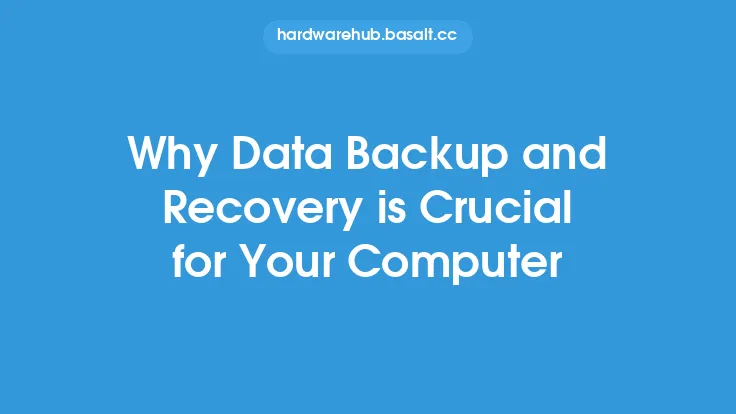Storage security is a critical aspect of data protection that involves a set of measures and technologies designed to prevent unauthorized access, use, disclosure, disruption, modification, or destruction of data stored on various types of storage devices. The primary goal of storage security is to ensure the confidentiality, integrity, and availability of data, which is essential for maintaining the trust and confidence of individuals and organizations that rely on stored data.
Introduction to Storage Security Concepts
Storage security encompasses a broad range of concepts, including data encryption, access control, authentication, and physical security. Data encryption is the process of converting plaintext data into unreadable ciphertext to prevent unauthorized access. Access control refers to the mechanisms used to regulate who can access stored data, while authentication verifies the identity of users or systems attempting to access the data. Physical security measures, such as locks and environmental controls, protect storage devices from tampering, theft, or damage.
Storage Device Security
Storage devices, including hard disk drives (HDDs), solid-state drives (SSDs), and flash drives, are vulnerable to various security threats. To mitigate these risks, storage devices often incorporate built-in security features, such as hardware-based encryption, secure erase, and self-encrypting drives (SEDs). SEDs, for example, use a hardware-based encryption mechanism to automatically encrypt all data written to the drive, providing an additional layer of protection against unauthorized access.
Network-Attached Storage (NAS) Security
Network-attached storage (NAS) devices are dedicated file-level data storage devices connected to a network. NAS security is critical, as these devices often store sensitive data and are accessible to multiple users. To secure NAS devices, administrators can implement measures such as password protection, access control lists (ACLs), and encryption. Additionally, NAS devices can be configured to use secure protocols, such as Secure Sockets Layer/Transport Layer Security (SSL/TLS), to protect data in transit.
Storage Area Network (SAN) Security
Storage area networks (SANs) are dedicated, high-speed networks that connect storage devices to servers. SAN security is essential, as these networks often carry sensitive data and are vulnerable to various threats, including unauthorized access and data breaches. To secure SANs, administrators can implement measures such as zoning, which restricts access to specific areas of the network, and logical unit number (LUN) masking, which controls access to specific storage devices.
Cloud Storage Security
Cloud storage security refers to the measures used to protect data stored in cloud-based storage systems. Cloud storage providers often implement robust security measures, including data encryption, access control, and authentication. However, users must also take steps to secure their data, such as using strong passwords, enabling two-factor authentication, and monitoring account activity. Additionally, users should carefully review the security policies and procedures of their cloud storage provider to ensure they meet their specific security requirements.
Security Measures for Storage Devices
To protect storage devices from unauthorized access, several security measures can be implemented. These include using strong passwords and authentication mechanisms, enabling encryption, and configuring access control lists (ACLs) to regulate who can access the device. Additionally, storage devices can be configured to use secure protocols, such as SSL/TLS, to protect data in transit. Regular software updates and patches can also help to prevent vulnerabilities and ensure the device remains secure.
Storage Security Best Practices
To ensure the security of stored data, several best practices can be followed. These include regularly backing up data, using secure storage devices, and implementing robust access control measures. Additionally, data should be classified based on its sensitivity and handled accordingly, with more sensitive data receiving additional security protections. Users should also be aware of the security risks associated with storing data in the cloud and take steps to mitigate these risks, such as using cloud storage providers that offer robust security measures.
Conclusion
In conclusion, storage security is a critical aspect of data protection that involves a range of measures and technologies designed to prevent unauthorized access, use, disclosure, disruption, modification, or destruction of stored data. By understanding the various storage security concepts, including data encryption, access control, and physical security, individuals and organizations can take steps to protect their stored data from various security threats. Implementing robust security measures, such as strong passwords, encryption, and access control, can help to ensure the confidentiality, integrity, and availability of stored data.





